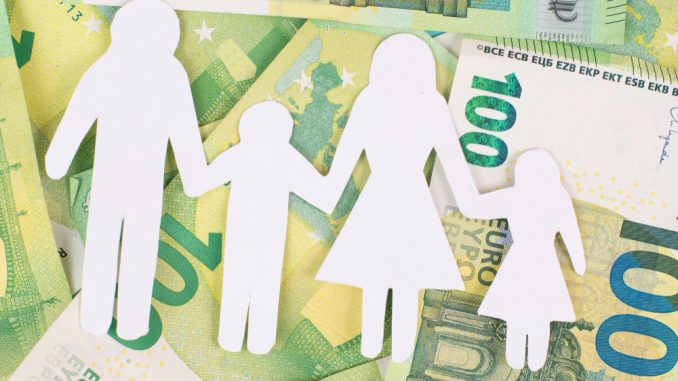
Parents can receive child benefit for their children with a disability without age limits if the child is unable to support themselves due to a physical, mental or psychological disability.
Child benefit is primarily intended to benefit children. For this reason, legislation has set age limits up to which parents can receive child benefit. However, there are exceptions to the age limits for people with disabilities, meaning that the state can pay child benefit for life under certain conditions.
The prerequisite for this is that the child with a disability (1.) is not in a position to meet their living expenses (2.) from their own resources (3.). The existing disability must be decisive for this (4.).
- Date of onset of the disability
It is important that the child’s disability is recognized before the has reached the age of 25. If the child was born up to and including 1982, the limit is at the age of 26 years of age, i.e. until the day before the 27th birthday. For this calculation, it is not the time at which the disability is known, but the time at which it is discovered that is decisive. - Necessary living requirements
The necessary living requirements for a child with a disability are made up of the general living requirements and the individual additional requirements due to the disability. The amount of the general requirement is determined by the legislator through the so-called basic tax-free allowance. The additional requirement is determined on the basis of the additional financial costs caused by the disability. - Do not pay from your own resources
The child with a disability must not be able to finance the necessary living expenses from their own resources. The child’s financial resources include the net disposable income and benefits from third parties such as care allowance, integration assistance or travel allowances. Important: The ability to support oneself does not have to be present at the time of the onset of the disability, but may have ceased at a later date. - Decisive disability
The existing disability must be the decisive factor (cause) for the child not being able to meet the necessary living expenses from its own financial resources. As a rule, this is the case if the child is receiving a pension due to a full reduction in earning capacity or has a degree of disability (GdB) of at least 50 (in conjunction with special circumstances that make it appear impossible for the child to be gainfully employed in the general labor market).
Application and receipt
Parents always apply for child benefit for a disabled child at the family benefits office of the Federal Employment Agency (even if the child is an adult with a disability).
Diversion by the social welfare office
If the child with a disability lives in a special form of accommodation (inpatient facility for integration assistance), the social welfare office sometimes tries to receive the child benefit directly. This is called diversion of child benefit by the social welfare office. However, if the parents have actual costs for the child, the child benefit must be paid to the parents.
Payment of child benefit to the child
Parents often forward incoming child benefit payments directly to their adult children – but caution is advised here under certain circumstances. If the child receives basic security benefits, the child benefit will be offset against this, which would lead to a reduction in social benefits.
Tip: It is therefore advisable for parents to leave the child benefit in their account, even if the social welfare office demands that the parents forward the child benefit to the disabled child – which the parents are not obliged to do!
Further information:
